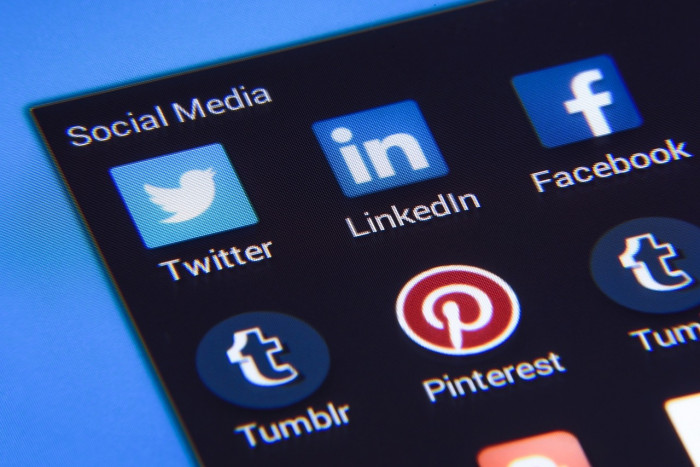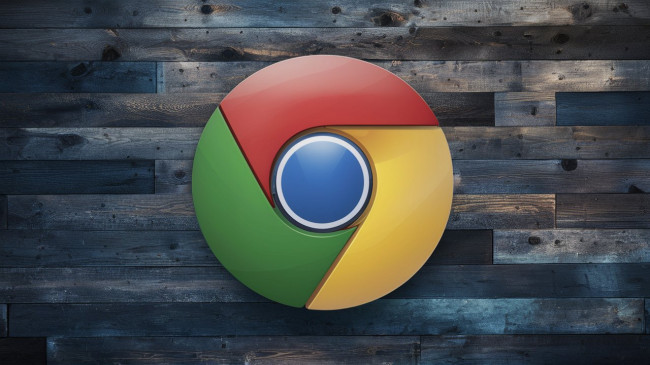Digital marketing has undergone a remarkable transformation since its inception. From the early days of banner ads and email marketing to the sophisticated world of data-driven strategies and artificial intelligence, the landscape has evolved significantly. As technology advances and consumer behavior shifts, businesses must adapt their digital marketing strategies to stay relevant and achieve future success. In this article, we will explore the journey of digital marketing's evolution, highlight key milestones, and emphasize the importance of embracing change for sustainable growth in the dynamic digital era.
The Birth of Digital Marketing
The seeds of digital marketing were sown in the 1990s when the internet gained momentum. The first clickable banner ad, created by AT&T in 1994, marked a turning point in advertising history. This unassuming ad ignited the concept of online marketing, and businesses began experimenting with new ways to reach their target audience digitally.
Early forms of email marketing soon followed, providing an avenue for businesses to directly communicate with potential customers. However, these early endeavors lacked personalization and targeted messaging, resulting in a mixed reception from users.
Rise of Search Engines and SEO
As the internet's popularity surged, search engines emerged as the gateway to online information. Google's arrival in 1998 revolutionized search, providing users with more relevant results and a cleaner interface. This marked the beginning of search engine optimization (SEO), a practice aimed at improving a website's visibility in search results.
Throughout the 2000s, SEO became a central pillar of digital marketing strategies. Businesses learned to optimize their websites, create quality content, and build relevant backlinks to improve their search rankings. The race to achieve the top spot on search engine results pages (SERPs) became fiercely competitive.
The Social Media Boom

The mid-2000s witnessed the rise of social media platforms, transforming the way people connect, share, and consume content online. Facebook, launched in 2004, quickly gained traction and opened new doors for digital marketing. Suddenly, businesses had direct access to a vast pool of potential customers, allowing them to engage with audiences on a more personal level.
The era of social media marketing had begun, and businesses started to build brand presence on platforms like Facebook, Twitter, LinkedIn, and later Instagram and Snapchat. Social media advertising became a powerful tool for reaching targeted audiences based on demographics, interests, and behaviors.
Mobile Revolution and the Advent of Apps
The introduction of smartphones and mobile internet paved the way for a new era of digital marketing. Mobile devices became an integral part of consumers' lives, presenting businesses with the opportunity to reach their audience anytime, anywhere.
Mobile marketing took various forms, including SMS marketing, mobile display ads, and location-based marketing. However, the real game-changer was the introduction of mobile applications. Brands started developing apps to enhance customer experiences, offer personalized content, and drive customer loyalty.
Content Marketing and the Power of Storytelling
As the digital landscape became more crowded, marketers needed to find ways to cut through the noise and capture users' attention. Content marketing emerged as a compelling strategy that focused on delivering valuable, informative, and entertaining content to engage audiences.
Blogs, articles, videos, infographics, and podcasts became powerful tools for building brand authority and establishing meaningful connections with consumers. Effective storytelling became crucial to evoke emotions and create lasting impressions in the minds of customers.
Data Analytics and Personalization
The exponential growth of digital interactions resulted in a massive influx of data. To derive actionable insights from this wealth of information, marketers turned to data analytics. Sophisticated tools and algorithms allowed businesses to track user behavior, analyze preferences, and optimize marketing campaigns based on real-time data.
Personalization became a defining element of digital marketing. Tailoring content and recommendations to individual preferences improved customer experiences, fostered loyalty, and drove higher conversion rates. Brands that leveraged data effectively gained a competitive edge in the market.
Video Marketing and Live Streaming
Video content gained immense popularity, becoming a dominant force in digital marketing. Platforms like YouTube provided a space for businesses and content creators to showcase their products and services in engaging ways. As internet speeds improved, video consumption surged, prompting brands to invest heavily in video marketing.
Live streaming further revolutionized video marketing. Platforms like Facebook Live, Instagram Live, and Twitch enabled real-time interactions with audiences, forging deeper connections and driving user engagement. Live events, product launches, and behind-the-scenes peeks became valuable content for brands to leverage.
Influencer Marketing
Influencer marketing emerged as a new frontier in digital advertising. Social media influencers, with their dedicated and engaged follower bases, presented a unique opportunity for brands to tap into niche audiences. Partnering with influencers allowed businesses to promote their products or services authentically and expand their reach.
However, as the influencer marketing industry grew, challenges related to authenticity and transparency surfaced. Brands had to carefully select influencers aligned with their values, and influencers needed to maintain trust with their audience by disclosing sponsored content.
The Advent of AI and Automation
As technology advanced, artificial intelligence (AI) and automation found their way into digital marketing strategies. AI-powered algorithms enabled more precise ad targeting, personalized content recommendations, and automated customer service interactions through chatbots.
Automation streamlined marketing workflows, allowing businesses to handle repetitive tasks efficiently and focus on more strategic initiatives. Email automation, social media scheduling, and data analysis significantly improved marketing efficiency and ROI.
Augmented Reality (AR) and Virtual Reality (VR)
Augmented reality and virtual reality opened up exciting possibilities for immersive marketing experiences. AR apps allowed users to interact with virtual elements superimposed on the real world, while VR technology offered fully immersive, simulated environments.
Brands began using AR to offer virtual try-ons, visualize products in real-world settings, and create interactive campaigns. VR was leveraged to provide virtual tours, simulate product experiences, and create impactful storytelling.
The Rise of Voice Search
The proliferation of voice-activated devices and virtual assistants like Siri, Alexa, and Google Assistant led to the rise of voice search. Voice-based interactions changed the way people accessed information and posed new challenges and opportunities for digital marketers.
Brands needed to optimize their content for voice search queries, which often differed from traditional text-based searches. Conversational language and context became critical in delivering relevant results to users.
The Future of Digital Marketing
As we gaze into the future of digital marketing, it's clear that embracing change will remain crucial for continued success. Several key trends are likely to shape the landscape:
1. Hyper-Personalization
The demand for personalized experiences will continue to grow, driven by advancements in AI and data analytics. Businesses will need to gather and interpret data ethically to deliver hyper-personalized content, products, and recommendations that cater to individual preferences.
2. User-Generated Content (UGC)
UGC will play a more significant role in digital marketing strategies. Customers' authentic experiences and reviews will carry more weight than traditional advertising. Brands will encourage and leverage UGC to build trust and engage with their audiences.
3. Privacy and Data Protection
As data becomes even more critical, privacy concerns will be at the forefront. Striking a balance between data collection for personalization and respecting user privacy will be essential. Companies will need to comply with evolving data protection regulations while building transparent relationships with their customers.
4. Integration of Technologies
The integration of various technologies, such as AI, AR, VR, and voice, will create innovative and seamless marketing experiences. Brands that can effectively leverage these technologies to deliver valuable interactions will gain a competitive edge.
5. Sustainability and Social Responsibility
Consumers increasingly seek brands that demonstrate sustainability and social responsibility. Ethical marketing practices, environmentally conscious initiatives, and purpose-driven storytelling will resonate with conscious consumers.
6. Enhanced Customer Experience
The focus on delivering exceptional customer experiences will intensify. Brands that prioritize convenience, personalization, and seamless interactions across all touchpoints will win customer loyalty.
7. Blockchain in Marketing
Blockchain technology has the potential to revolutionize digital marketing by ensuring transparency, combating ad fraud, and enabling secure data sharing. As blockchain matures, it may become an integral part of marketing strategies.
Conclusion
The evolution of digital marketing has been a fascinating journey, driven by technological advancements and changes in consumer behavior. From its humble beginnings with banner ads to the dynamic landscape of AI-driven personalization and immersive experiences, digital marketing has come a long way.
As the future unfolds, embracing change will be the key to success. Businesses must remain agile, adaptive, and open to experimenting with emerging technologies and marketing strategies.
By staying customer-centric, transparent, and socially responsible, brands can navigate the ever-changing digital landscape and position themselves for future success. The evolution of digital marketing has only just begun, and those willing to embrace the journey will thrive in the exciting times ahead.












